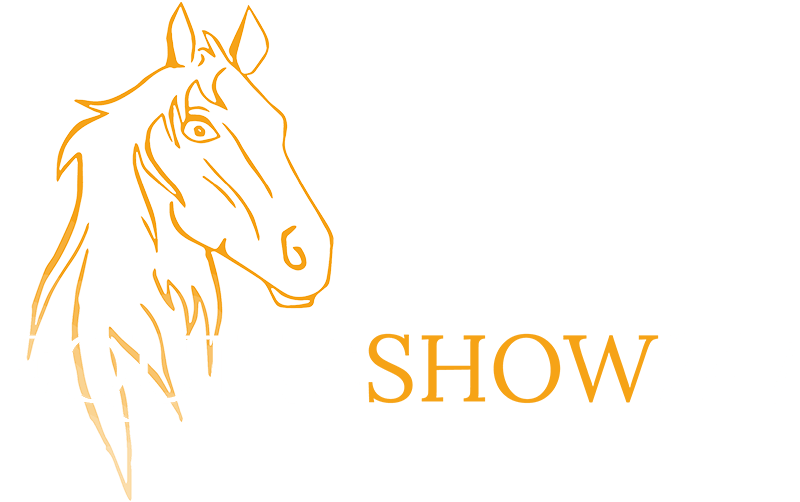Preparing your stables for winter;
1. De-cobweb, cobwebs hold dust and dirt which can trap moisture, making your stables damp. Cobwebs can also hold spores, if the cobwebs are disturbed can be released back into the environment.
2. Deep clean – spending more time inside can lead to an increased risk of infections, such as thrush in hooves and respiratory problems, caused by high ammonia levels, organic matter and trapped urine. Remove mats and pressure wash your stable and mats to remove the dirt and then disinfect your stable and mats with EndoSan disinfectant to create a hygienic environment. Allow the stables and mats to dry before replacing the mats!
3. Put clean bedding in the stable, remember your choice of bedding can directly affect the stable environment and your horse’s health.
4. Check your roof, walls and gutters. Leaking rooves and blocked gutters, lead to water damage and potential leaks, which will make your stable damp and create the right environment for pathogen growth.
5. Ventilation – what is your stables ventilation like? Good ventilation prevents the build-up of stale air and moisture. Air should flow through the stable via, doorways and windows and be able to escape through roof vents. There is a huge difference between ventilation and draughts, its no good if there’s a gale blowing through an open sided building/doorway, it means that your horse will get cold and has the potential to make older and younger horses ill.
6. Give your Tack room a good clean and re organise it ready for the winter ahead. Shared equipment and rugs should be cleaned and disinfected in EndoSan disinfectant. Rugs should also be cleaned, disinfected and reproofed.
7. Clean your feed room and your feed bins, buckets, feed scoops and stirrers, then disinfect them with EndoSan disinfectant. This should be done regularly, to prevent old feed from going mouldy. Re organise your feed room, so that it is easy to keep clean, it’s also important that there is good ventilation in your feed room to prevent the build-up of mould and spores.
8. Rodents, as the weather draws in, mice and rats move into our stable yards searching for warmth, shelter and feed. Keep yards, feed rooms, hay barns, tack rooms etc well swept so that they don’t have access to spilled food. Make sure your feed bins are rodent proof. Rodents are not only unhygienic if they access your feed bins and feed buckets, with the potential to cause leptospirosis among other bacterial and viral diseases. They can also spread equine infectious diseases around the yard. A good cat or pest control specialist is the best way to tackle these vermin!
9. Water – make sure you have a good supply of clean fresh water available. If you have to bring water to your yard in containers, during a big freeze, then use our EndoSan 8 water treatment to ensure these containers are suitable for drinking water.
10. Supplies – do you have disinfectant available to regularly disinfect your stables, buckets and equipment? We do a handy companion pack of 5L of EndoSan ready to use disinfectant and a hand pump spray bottle. Having our companion packs readily available on your yard means that if you have an outbreak of any kind, you can start tackling it straight away.
Hoof picks and our EndoSan 500ml spray bottles to keep the pathogens that cause thrush at bay.
Thermometer, for those all-important temperature checks! It’s important to know your horse’s temperature and other vitals such as resting respiration rate, you need to know what is normal for your horse, so that you can quickly identify the first signs of illness.
11. Record visitors to the yard and horse movement away from the yard. If you have an outbreak of any kind, then your vets will want to trace where the infection came from, by your movements and those of visitors to the yard. They will also want to track where it has potentially spread to from your yard. Keeping these records will reduce the stress and time required to do this post infection, which will also help reduce the spread, by giving timely notification to people who have visited during the incubation period.
12. Have a PLAN! Do you have a plan of action ready in case of an emergency like an infectious disease outbreak? Having a plan in place,
reduces stress at an already stressful time, it means that bio security procedures can be put in place more quickly. Reducing the spread on and off your yard.
For more help and advice, contact Gail on 07931809791 gail@ag-plus.co.uk
www.ag-plus.co.uk







